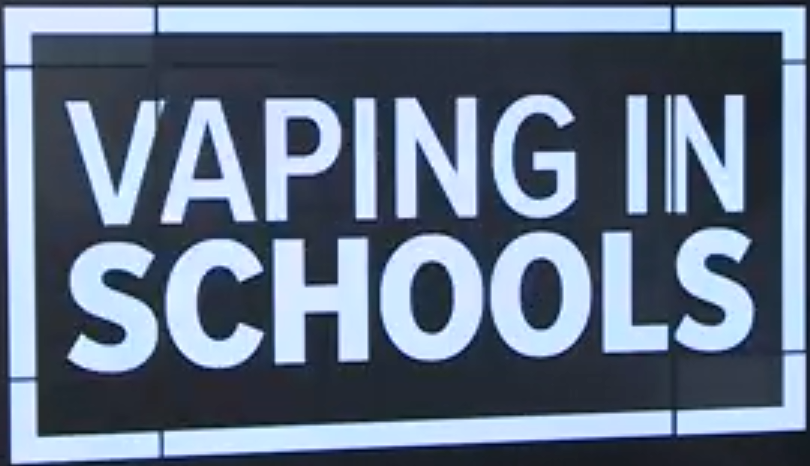A new Texas law aims to deter rampant underage vaping in schools through tougher disciplinary consequences. House Bill 114 requires public school students caught with vapes on campus to be placed in alternative schooling.
Previously, responses to student vaping violations varied widely between districts. But under the top-down law, temporary assignment to disciplinary alternative education programs is now mandatory statewide.
Vaping Remains Widespread Among Youth
Despite past anti-vaping efforts in schools, usage remains extremely common according to local officials. Accessibility among middle school and high school students has proven difficult to restrict.
The discreet, concealed designs of popular vaping devices contribute to their on-campus prevalence. Students can easily hide them in highlighters or other ordinary items.
AISD Plans Educational Component
Austin ISD leaders plan to supplement the alternative schooling punishment with educational programs. Through AISD’s INVEST curriculum, offending students will also learn about resisting peer pressure and rethinking their choices.
This restorative approach has shown recidivism success. Most students avoid repeating vape violations after completing the diversion program, which can reduce suspension time from 20 to just 10 days.
Officials view combined disciplinary action and opportunity for reflection as more impactful than just punitive measures alone.
Concerns Around Risky Substance Abuse
Beyond nicotine addiction concerns, some school police officers have noted worrying cases of students vaping other illicit substances. Accessing the vape cartridge to add things like fentanyl appears increasingly common.
Leaders hope cracking down on vaping both reduces chances of abuse and provides openings for substance abuse counseling when warranted. Strict enforcement from day one sets expectations for the year.
Ongoing Monitoring to Gauge Impact
While the get-tough approach intends to improve school safety by deterring on-campus vaping, its real-world impact remains to be seen. Districts will monitor both violation rates and student feedback on the escalated punishments.
Concerns around disproportionate effects on particular student groups will also require close evaluation. But with student health at risk, Texas schools now have stronger disciplinary tools to address the youth vaping crisis. Ongoing vigilance remains key.
- UK Announces Mandatory Vape Tax and Duty Stamps from 2027 - February 10, 2026
- Sri Lanka Travel 2026: Total Ban on Cigarettes & Vapes - February 5, 2026
- NY Tax Proposal: Hochul Targets ZYN with 75% Levy - January 29, 2026


